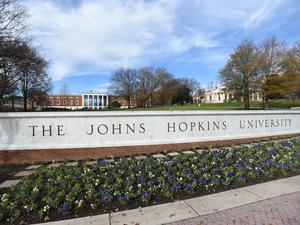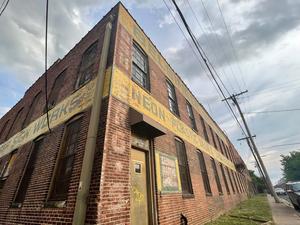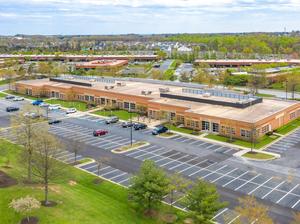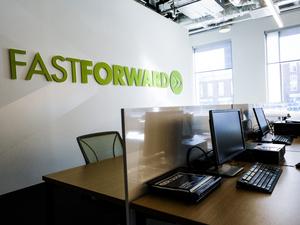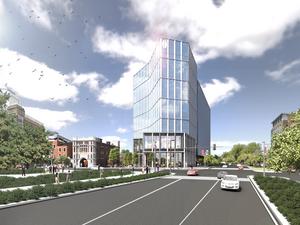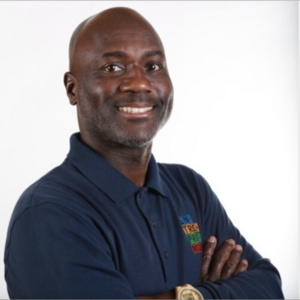
Johns Hopkins University is teaming with two Washington, D.C.-area institutions, Howard University and the National Institutes of Health, to create a new accelerator to help companies and research scientists focused on treating neurological conditions.
The nonprofit biotechnology accelerator, NeuroTech Harbor, is funded by an NIH investment of $5 million over five years, which could go up to $20 million annually. The NeuroTech Harbor plans to launch 45 new neurological companies over the next five years.
Executive director Sri Sarma, a professor at Hopkins, is seeking early stage companies to apply to the program. The goal is for companies to produce the first in-human prototype of a medical device by the end of the program. Selected companies can remain in the program for up to four years, earning $500,000 in support each year. Companies could be eligible for more support from the NIH if they succeed through the vetting process for a grant. The accelerator will not take any equity in the companies it selects.
Neurotech Harbor will attract scientists from across the country, so the program offers a unique opportunity for Baltimore to showcase the city’s resources to entrepreneurs and scientists. Although the accelerator does not require companies to move to the Baltimore area, Sarma views the initiative as a catalyst to help turn the Baltimore area into a Silicon Valley-esque hub for medical technology.
Sarma said if the program is successful, NeuroTech Harbor will distribute tens of millions of dollars to innovators across the country, creating a key source of capital for high-risk, high-reward medtech startups that traditional venture capital and angel investors won't touch. The accelerator will also have a sister program in Massachusetts called the Center for Innovative NeuroTech Advancement.
Several local organizations will also provide services to companies involved in the NeuroTech Harbor program. Notable providers include the Johns Hopkins Applied Physics Lab, Key Tech, MDC Studio, The LaunchPort and FastForward at Johns Hopkins Technology Ventures.
NeuroTech Harbor is modeled after the RADx initiative that the NIH used to promote new diagnostic tools during the Covid-19 pandemic. That model focused heavily on deep initial vetting of the research companies so the NIH could get funding recommendations in a short period of time, said Robert Storey of The LaunchPort, a medtech startup incubator in Baltimore. In the past, NIH grants have traditionally focused more on academic research, while RadX and NeuroTech Harbor have a stronger business angel and focus on bringing new technologies to market, he added.
“We think that if you solve the disease that it means the solution is going to automatically be adopted, but it doesn’t,” said Storey, who serves the evaluation director of the accelerator. “There's all sorts of complications involved in getting medical technology adopted. And this really focuses on making sure you're eliminating those gaps.”
The $5 million the NIH gives annually to NeuroTech Harbor will be used for evaluations of companies and scientific projects, Sarma said. The hub will get increased support for every project that NIH chooses to fund, so it can set a company up with mentors and resources.
The call for proposals is very broad, ranging from diseases such as Alzheimer’s and Parkinson’s disease, to brain and nerve injuries, to psychiatric conditions such as anxiety and depression.
Even companies that do not get selected for the full support of the NeuroTech Harbor program can still receive what Sarma calls “seedling” support, which involves some financing as well as mentorship to help the company be better prepared for a different round of selections. The first companies will begin working with NeuroTech Harbor next March, Sarma said.
Sarma hopes to add an undergraduate component to the hub as well in order to help people understand different pathways to careers in the neurotech space. She is also using equitech principles, popularize in Baltimore by UpSurge, throughout the project. NeuroTech Harbor applicants will be evaluated in part by if the solution can be used by disadvantaged communities and if the company leaders have worked with underserved communities.
